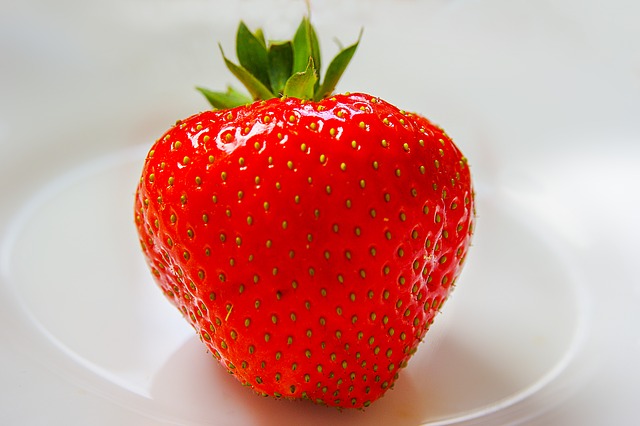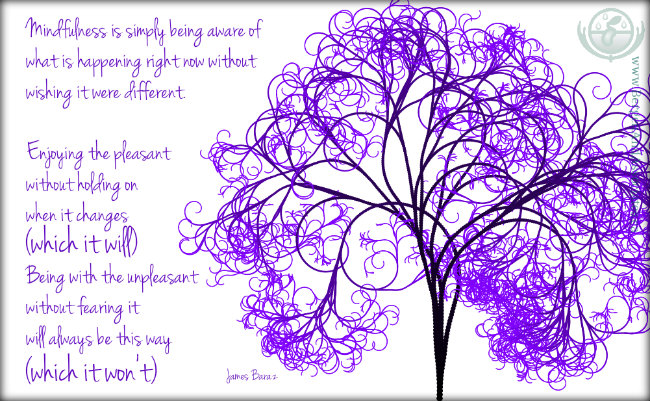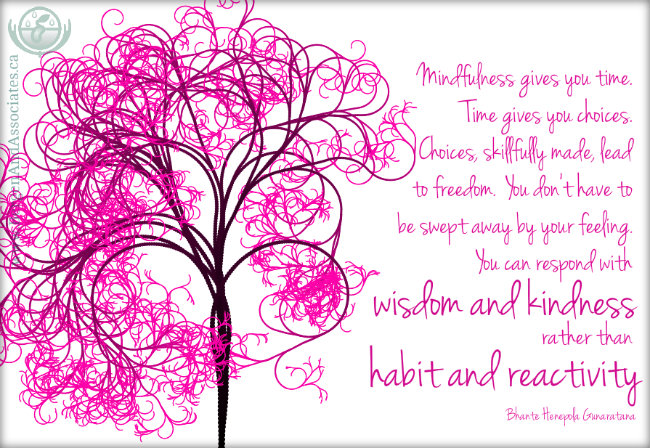Join me in a little experiment?
Get comfortable. Shake out your arms and legs. Take a couple of deep breaths. Check to see if your shoulders are relaxed. Breath in and out again slowly.
And spend a long minute simply noticing this picture, and also notice what you notice about this picture:

What did you find your eye drawn towards? Leave a note in the comments below…it would be interesting to hear what you each saw when you looked at this picture.
Did you look just at the fruit? Or the plate? Did you notice the way the lights and shadows highlight? Did you see the glistening on the fruit? Did you notice the bright contrast of the green stem? Did you imagine the flavour? Imagine feeling the texture of the strawberry’s flesh in your mouth?
After spending a single minute in the middle of a busy day or evening, now notice how your body feels. Monitor the effect of this simple and brief exercise
Many find that when you simply focus on a simple object, life slows down. You notice the pleasure of just noticing the strawberry. It’s really beautiful, isn’t it? When is the last time you admired a strawberry? When was the last time you slowed down to simply admire the simple beauty of anything?
This, in a very basic form, is an example of mindfulness.
Christopher Bergland says that a kickstart to mindfulness is simply this:
Stop. Breathe. Think about your thinking.
Mindfulness matters.
A few things about mindfulness:
1. Mindfulness is a focusing with self regulation of attention.
It is a calming…a quieting of the “noise” that we all have in our heads to be able to focus on the immediate experience. This allows for a greater ability to recognize what is happening within our awareness of the present moment.
Like…feel your left foot in your sock right now. Notice the surface and feel of the seat underneath your butt. The ability to be aware opens up possibilities to see things that otherwise might not be noticed.
2. Mindfulness is noticing what is happening without judgement.
What is happening is neither right nor wrong. It just is. It may not last, or it may. It is allowing what is, to simply be, without wishing it away.
It allows space for what exists, to simply exist.

3. Mindfulness is noticing with innocent curiosity
Curiosity is simply exploring, wanting to notice.
Curiosity pays attention.
Curiosity wants to notice for the sake of noticing.

Examples of how mindfulness matters:
Some examples of how mindfulness matters in recent weeks from the net:
- Ellen Langer says that a group of women who did heavy, physically demanding housework were asked if they worked out regularly. They reported they did not. This group was then divided into two groups. One group was encouraged to think about their job as a workout of physical activity in and of itself. This group lost weight and their blood pressure went down. The other group continued their labours as per usual. Their weight and blood pressure remained the same. Both were still working their same usual job.
- The Dalai Lama is coming to British Columbia to meet with students. Victor Chan has worked to educated socially and emotionally intelligent students by introducing mindfulness to the school classroom. He notes the correlation between social and emotional fluency and better academic outcomes. Learning self regulation such as used in the famous marshmallow experiment is a helpful mindfulness tool that is predictive of future wellbeing
- Renee Cullinan writes about the value of mindfulness in business. In the fast paced world of business that pushes productivity and efficiency, one might think that mindfulness would be a lead balloon to success. But, in fact, she makes a valid case for how mindfulness can increase productivity. She asks folks in business to answer questions about: “How many hours do you spend in meetings?” and “How much of the time in those meetings is wasted?” By having staff be mindful of their responses to these questions, they are able to make better choices about how to use their time more wisely and effectively.
Some examples of how mindfulness has been helpful to me in my own life:
- I wear a Nike fuel band around my wrist that measures my activity every day. I have a target set for “3000 fuel points” (about 12,000 steps) per day. The Nike fuel band helps me be mindful of my activity. This evening, halfway through writing this blog, I checked my points and realized I was only half way to my daily points. I took a break and went walking…it was a beautiful evening, and I had a chance to listen to some music and call a good friend. I reached my goal and had a fair amount of activity…because of how the Nike band enables me to be mindful of how active I have been that day.
- I gave a workshop today with some folks about suicide awareness and prevention. I was deliberately mindful of my internal workings leading up to the workshop. I was acutely aware of how I regretted my decision to agree to do this…who do I think I am to speak on this topic to a group of capable professionals. But I worked to be mindful beyond the loud noise of the internal dialogue telling me I was outta my league. I also was mindful of the other bits of things I noticed. I reviewed my notes and was pleased with how they seemed to make sense to me. I remembered how I have so often felt ill equipped before hand and then been profoundly grateful of the experience’s richness after. I remembered how other people have encouraged me to do things like this. I remembered the times I have lectured on the topic of suicide with students at various times. Being mindful of all of that had me actually be fully present with the participants as they came…and I wasn’t even particularly anxious when I arrived.
Some examples of mindfulness that I have observed with others:
- My Junior Tribe Member was able to self regulate as a toddler. He was able to calm himself in the middle of chaos with the assistance of an empty Playtex nurser bottle that he would hold while he would suck two fingers. During one particularly nasty asthma attack, he was closely monitored at Children’s Hospital. Pumped full of medication that made his system race incredibly fast, he could control his heart rate by focusing on the comfort of the bottle and his fingers by 30-40 beats per minute. He was a pro at self regulation. I’ve never forgotten his ability to control his body even in the face of a very significant health crisis and aggressive medical treatment…I often think back to that event to challenge myself to regulate myself in the face of significant challenges.
- I spoke recently with a friend who is grieving the loss of her husband some months ago. She has been mindfully grieving his loss…noticing with curiosity the different emotions that bubble up as she mourns. She became aware of the guilt she felt over some incidents in the last months of his illness where she questioned if she should have been/done “more”. Talking through the guilt in her experience and being aware of the guilt part of her grief and exploring that was huge in her being able to come up for air in her grieving. Just simply being “profoundly sad” would not have been fully accurate and wouldn’t have given her what she needed to take the next step in grieving.
- Sometimes, when I am with clients they tell me in broad strokes how they are feeling. e.g. “I am sooo pissed off”. One of the things we do is have them become mindful so as to be aware of the nuances of their anger. Is it jealousy? At who, and over what? Is it resentment? Is it because they feel taken advantage of, or cheated? Is it because it reminds them of an old feeling of rejection from years gone by? Is it because this is the 10th time they have had the same wounding and they are wearing thin of patience? Is it because underneath, they are feeling profoundly sad and it is just easier to be angry externally than to vulnerably feel the sadness? (and then feeling the sadness in the session has the anger spontaneously evaporate)
MIndfulness is an incredible tool that can allow us to better be aware of ourselves and our environment in ways that allow us to more effectively move through our lives.
For those of you who are interested in what a mindfulness practice could look like (and believe me, volumes have been written about this–and it can range from full on meditation practice to deliberately slowing down to check in oneself periodically) take a peek at one possibility by a well respected authority on the subject:






Write a Comment